What causes Deja Reve? The truth behind Deja Reve.
Imagine this: you’re walking down the street on the way to your local coffee shop when you get a gut feeling that you know exactly what will happen next.
You suddenly remember the series of events about to occur—a woman in a red dress will pass by, then a taxi will honk its horn, and an old man will ask you for directions.
Now, you’re not sure how you remember all these at first. But a chill runs down your spine when a woman in red passes by, a taxi suddenly blares its horn, and an old man comes asking you where the city hall is.
That’s when you realize—you’ve dreamt of this exact circumstance just this morning.
Is it possible that you just saw a glimpse of the future? Perhaps.
Or maybe, it’s just another case of your mind playing tricks on you—particularly one that is called deja reve.
If you’d like to know what causes deja reve, read on.
Table of Contents
Is it Deja vu or Deja Reve?
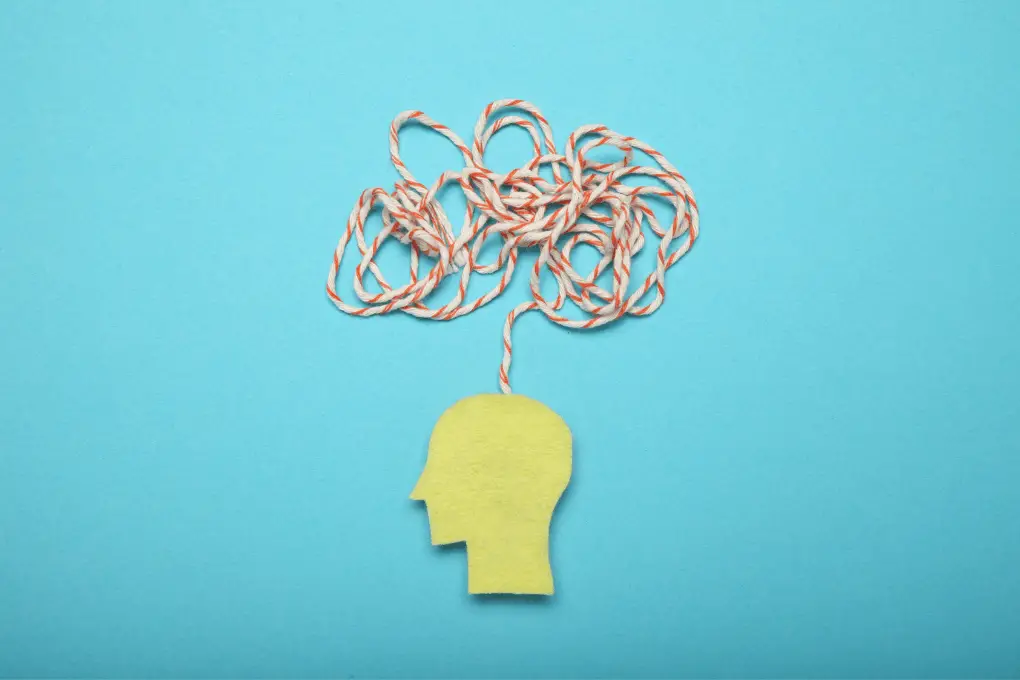
Deja vu and deja reve are two entirely different experiences, although they are usually interchanged. Most people are more familiar with deja vu, a phenomenon wherein you feel like you’ve been through a specific circumstance, even though you know that you haven’t.
The been-there-done-that realization can be quite shocking, even a little frightening. But according to deja vu expert Anne M. Cleary Ph.D., this experience is nothing more than your brain checking for facts.
Cleary explains that when you’re having deja vu, you’re not actually having a false memory, but your brain is looking for the real one that has been misfiled.
You might be eating a bowl of ramen from a recently-opened restaurant, and the taste reminds you of a recipe from another place. And since your brain can’t access your old memory, it gives you the feeling that your newly-discovered ramen is not so new at all.
In short—you’re brain is just having a little hiccup.
On the other hand, deja reve is an experience that can make you feel somewhat like a prophet. In French, deja reve translates to “already dreamed.”
It refers to the phenomenon wherein a real-life event unfolding before you feels like something you’ve dreamt up previously.
So, what causes deja reve?
Deja reve can occur in three ways:
- First is the episodic deja reve, where a person can easily trace a real event to a dream.
- Second is the familiarity-like deja reve. This happens when a person can’t put a pin on which dream mirrors the current reality they are seeing.
- The last is the most bizarre—the dream state deja reve, where a person is not sure whether something happened in a dream or real life.
Recommended Reading
The Science Behind Deja Vu: What Causes this Creepy Experience?
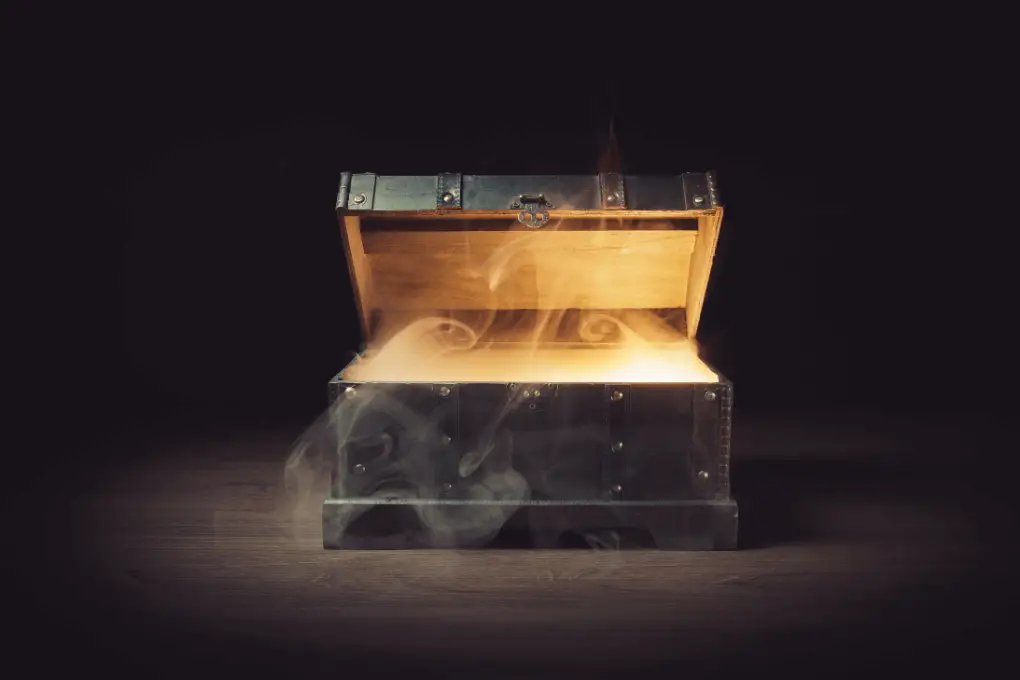
It was just a bad dream—that’s what Calah Alexander thought when she had a nightmare about the death of her sister’s best friend, Jerry.
Calah saw in her dream that she was with her sister and Jerry, enjoying a bonfire with a crowd. But suddenly the whole place was engulfed in flames.
In the dream, all of them struggled to run for safety. But eventually, Jerry was left behind, completely swallowed into the fire.
When Calah woke up, she learned that there had been a bonfire collapse where the real Jerry was working. Later in the afternoon, she learned that he had passed away from the tragic fire incident.
One question stands from the experience—how could she have possibly dreamed the future?
Call it a premonition or some supernatural force in works, but in the sea of explanations, one thing we can rely on is science. Here’s what the experts have to say about the causes of déjà vu:
Split perception.

You may experience the same event twice in succession. However, during the first time, your mind was distracted and whatever happened was unclear.
Your second perception would then be connected to your first experience, which is why it would seem very familiar.
Mismatch.
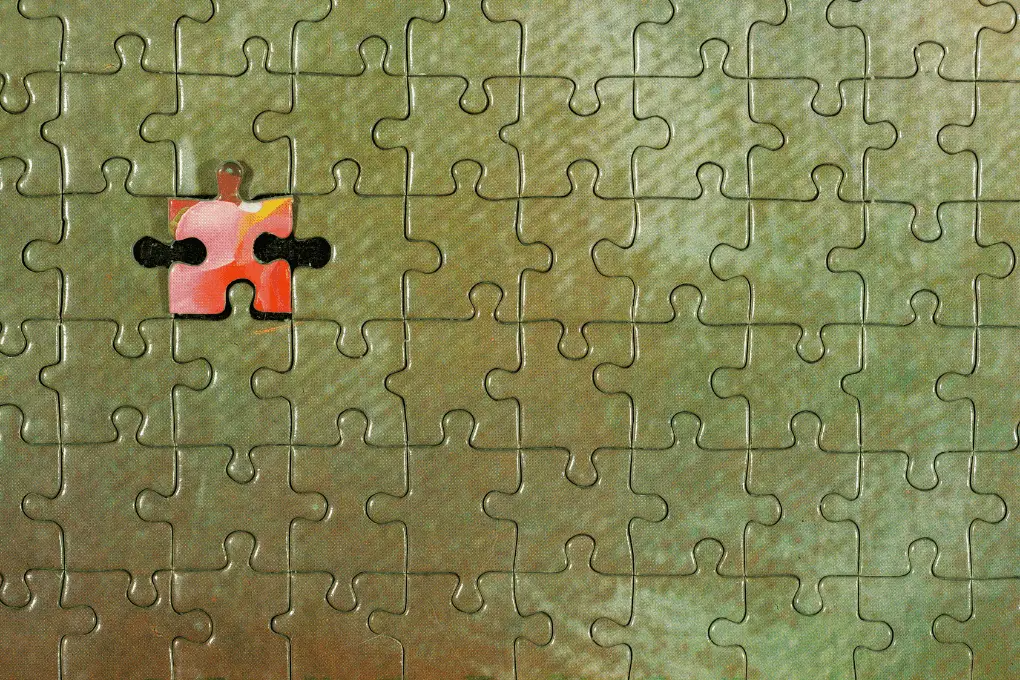
Sometimes, short-term memories make a detour to the storage of long-term memories, therefore giving you the feeling of deja vu.
Other times, there is a simultaneous activity in the part of your brain that keeps tabs on present moments and the part that recalls memories. This causes a mix-up between what is new and what has been done.
Cryptomnesia.
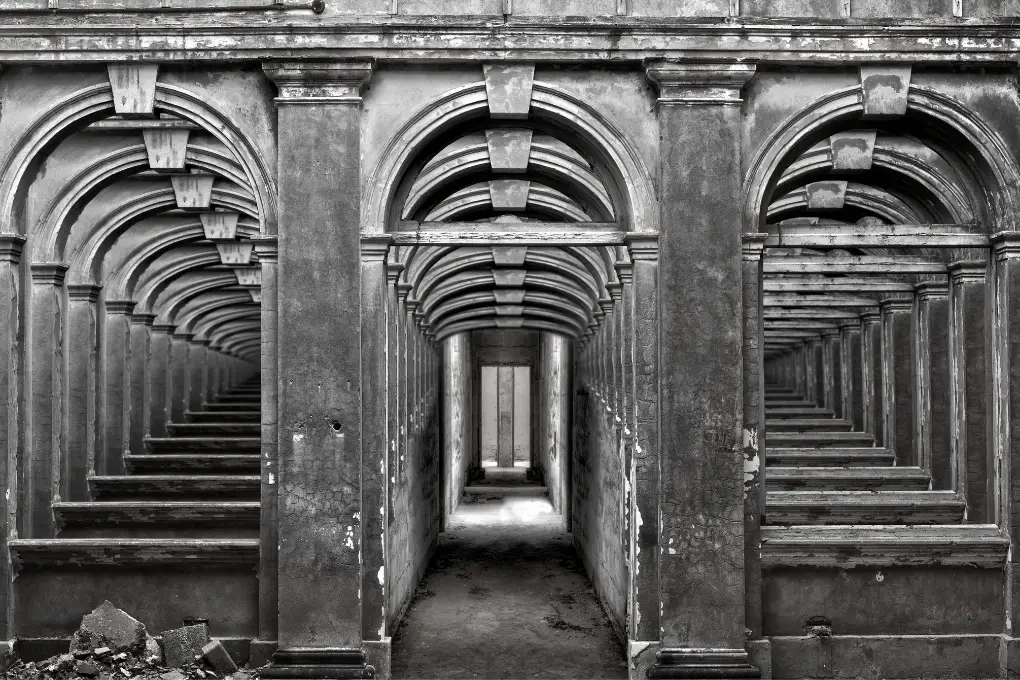
There’s a chance that you may have encountered that certain moment before. The only problem is that your brain can’t fully retrieve that information.
Stress.

When you’re under a lot of stress, you may be processing loads of information at once, causing your mind to go on overdrive and glitch.
D for Danger? How harmful can Deja Reve and Deja Vu can be?

Despite the hair-raising experience, deja reve and deja vu are a pretty common phenomenon, especially in young people. But when deja reve and deja vu happen too often, especially when accompanied by severe effects, it may be a cause for concern.
There are circumstances when an intense case of deja vu is a symptom of epilepsy, particularly a focal seizure.
Focal seizures are usually short and are experienced while the person is fully conscious. Some of the symptoms include:
- Losing control of your muscles
- Having hallucinations
- A rush of unexplainable emotion
- Involuntary movements that keep repeating
- Staring off into space
- A sensation that a seizure is about to happen (this is called an aura)
Recommended Reading
Almost like Amnesia: The Jamais Vu Phenomenon

We’ve heard of deja vu, and by now, you’ve probably understood deja reve. But here’s something that might be new to the ears—jamais vu.
Jamais vu is French for “never seen.” It is a phenomenon when an individual perceives something they have known for a long time as a new experience.
Let’s say, for example, you bump into your best friend for 10 years at the mall. You’ve known this person since you were a teenager and you practically spent the best memories of your life with them. But when you go and say hi, they’re suddenly treating you like an absolute stranger.
That is a case of jamais vu. Such feelings can be associated with brain injuries, epilepsy, aphasia, or amnesia.
In other times, jamais vu is connected to a psychiatric disorder called Capgras delusion, wherein a person mistakes a close friend, a family member, or a spouse for an identical impostor.
What causes deja reve? It’s all in the mind.
The brain has many tricks and secrets that can baffle us. As a result, we end up thinking that we’re experiencing something out-of-this-world.
But just as long as your mind and body remain in a healthy state, there’s nothing to worry about.
Have you had an episode of deja vu, deja reve, or jamais vu? Let us know your stories down below!
Frequently Asked Questions About What Causes Deja Reve?
What is déjà rêvé?
Déjà rêvé is a French term that literally translates to “already dreamed” and is used to describe the feeling of familiarity when experiencing something in real life which has already been experienced in a dream. Commonly known as dream visits, déjà rêvé occurs when someone feels as though they’ve experienced a vague dream before, but can’t remember the specifics.
What to do next time you get déjà rêvé?
If you’ve ever experienced déjà rêvé, the feeling of familiarity when experiencing something in real life that was previously experienced in a dream, then you know it can be quite disorienting and confusing. The good news is, there are steps you can take to make the experience less overwhelming and more manageable.
First and foremost, it’s important to remember that déjà rêvé isn’t necessarily an indication of a mental disorder but rather a natural occurrence that can happen to anyone. If you find yourself in the midst of this strange phenomenon, try to stay calm and practice some deep breathing exercises. This will help your body relax, allowing you to better process the experience.
It can also help to record what happened after the déjà rêvé occurs, as this will provide valuable insight into what triggered it. Writing down your thoughts or talking with someone about the experience is also recommended as it allows for further reflection on what occurred. Lastly, if you find yourself having frequent episodes of déjà rêvé, consider speaking with a professional who can provide additional support and advice on how best to handle them.
How Is Déjá Rêvè Different to Déjá Vu?
Déjà rêvé is a phenomenon that is similar to déjà vu, but with some distinct differences. Unlike déjà vu, which is often described as a fleeting feeling of familiarity and occurs in the moment, déjà rêvé typically happens after an event has occurred. It involves recalling a dream that you’ve had in the past and recognizing it when something similar happens in real life. This recognition can be very vivid and can even involve feelings of deja vu.
Another difference between the two experiences is that déjà rêvé usually involves more details from the dream than just a vague sense of familiarity. For example, while you may feel like you have seen something or heard something before during an instance of deja vu, with déjà rêvé you may recall specific people or places from your dream. Additionally, this feeling of recognition typically lasts longer with déjà rêvé than it does with deja vu.
Overall, both phenomena are considered normal occurrences and can happen to anyone at any time, but it’s important to note that they are still not completely understood by scientists or psychologists. If you find yourself having frequent episodes of either one, consider speaking with a professional who can provide additional support and advice on how best to handle them.
Who Suffers from This Phenomenon?
Déjà rêvé is a phenomenon that can affect both healthy people and those suffering from epilepsy, though it is more commonly experienced by the latter.
While déjà rêvé is considered to be a relatively common phenomenon, there still isn’t much research on why some people experience it more than others. However, experts believe that it could be due to things like dream recall frequency and long-term memory formation in the brain. More research is needed to better understand this phenomenon and how it affects different people.
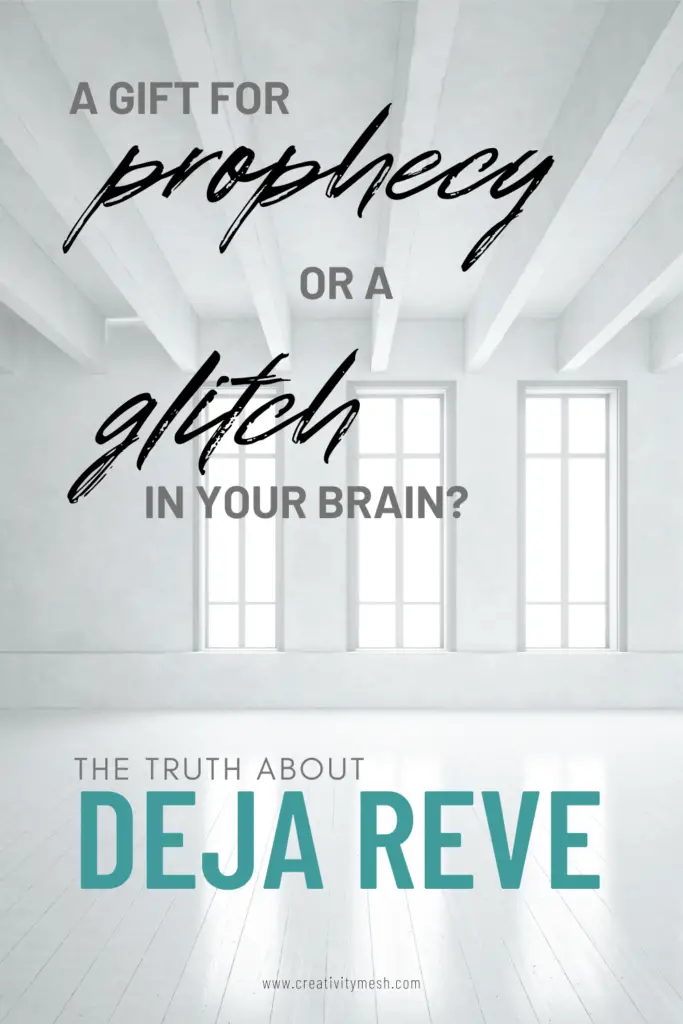
Disclaimer: This post may contain affiliate links. Meaning, if you click on one of the product links, I will earn a small commission at no cost to you. Thank you for supporting Creativity Mesh.
Why Trust Creativity Mesh? At Creativity Mesh, our mission is to help you unlock your creative potential, increase your productivity, and achieve your personal and professional goals. We provide well-researched, informative, and actionable content focused on topics related to creativity, productivity, and self-development. We are committed to being transparent, honest, and unbiased in everything we do. Our content is designed to help you make informed decisions and take meaningful action to improve your life. Thank you for choosing Creativity Mesh as your trusted source for creativity, productivity, and self-development.






